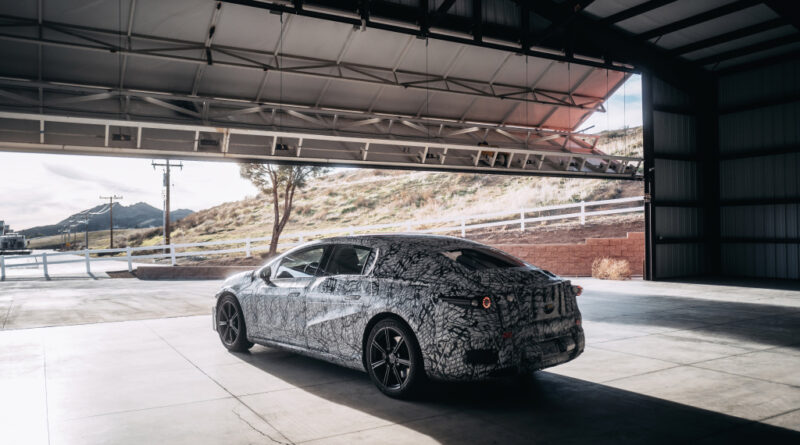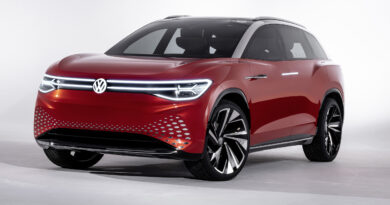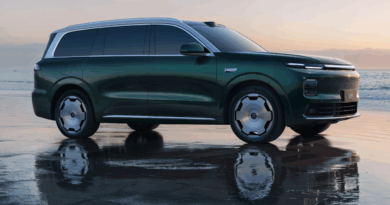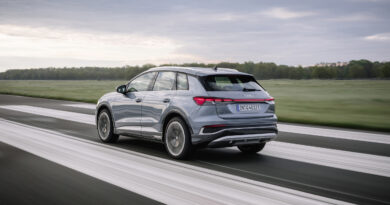Mercedes-Benz charges ahead with electric plans
The virus crisis will not slow the pace of electrification at Mercedes-Benz.
“Despite the challenges of Covid-19, we are on track strategically,” said Ola Källenius, the company’s 50-year-old Swedish-born CEO, during a webcast from Stuttgart this week.
His summary of what Mercedes-Benz would do was short and simple. “Stick to the plan,” he said. “Develop new technologies and continue investing.”
Like other car makers, Mercedes-Benz was forced to shut down factories when Covid-19 hit China, then Europe and other parts of the world. Though car sales have plunged globally, the German brand will press ahead with planned plug-in launches.
Later this year the Mercedes-Benz EV line-up will expand when the EQV, a battery-powered people mover, joins the EQC. According to Källenius, the company will also reveal the EQA, a small EV around the same size as the current A-Class.
He also confirmed that production of the EQS (prototype pictured), the EV version of the all-new S-Class luxury sedan scheduled to arrive late this year, will begin in 2021. Both cars will be built in Mercedes-Benz’s ultra-modern Factory 56 in Sindelfingen, near Stuttgart.
In total, the company aims to have 10 EQ-branded EV models in production “in the next few years”. Mercedes-Benz will also push ahead with its plan to expand its range of plug-in hybrids to a total of 20 models by the end of 2020, Källenius confirmed.
Mercedes-Benz’s leading battery pack factory at Kamenz in the east of Germany will grow to supply the increase in demand. Annual production there will soon exceed 500,000 packs a year said Jörg Burzer, the executive in charge of supply chain management.
Additionally, the company has expanded its plan to make all its production sites CO2 neutral. Originally the aim was to achieve this objective in Europe by the end of 2022. Now, says Källenius, Mercedes-Benz plants all over the world will hit the target by this deadline.




